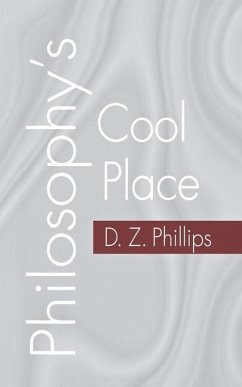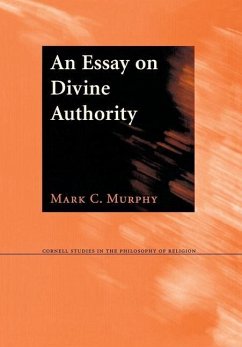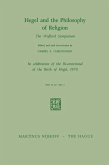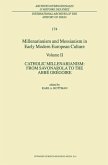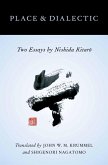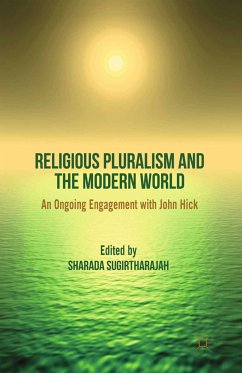Ludwig Wittgenstein established a "cool" stance for philosophy, contemplating the world without meddling in it. D. Z. Phillips explores this position, focusing on its implications for philosophical authorship and the philosophical investigation of the nature of reality.
Influenced by the views of Wittgenstein and his pupil Rush Rhees, Phillips-who is one of Rhees's own students-first contrasts Wittgenstein's methods with Kierkegaard's religiously oriented dialectic. He describes the difficulty in sustaining a contemplative view of philosophy and discusses efforts to go beyond it in the work of Richard Rorty, Stanley Cavell, Annette Baier, and Martha Nussbaum, who, in different ways, propose to make philosophy a guide to living.
A provocative and challenging work, Philosophy's Cool Place is one of the few books that addresses the discipline as an enterprise and explores its relation to moral values, religious belief, and the nature of Reality. By advancing the cause of neutrality, it will stimulate debate and foster discussion of what philosophy is to become in the postmodern era.
Influenced by the views of Wittgenstein and his pupil Rush Rhees, Phillips-who is one of Rhees's own students-first contrasts Wittgenstein's methods with Kierkegaard's religiously oriented dialectic. He describes the difficulty in sustaining a contemplative view of philosophy and discusses efforts to go beyond it in the work of Richard Rorty, Stanley Cavell, Annette Baier, and Martha Nussbaum, who, in different ways, propose to make philosophy a guide to living.
A provocative and challenging work, Philosophy's Cool Place is one of the few books that addresses the discipline as an enterprise and explores its relation to moral values, religious belief, and the nature of Reality. By advancing the cause of neutrality, it will stimulate debate and foster discussion of what philosophy is to become in the postmodern era.
Dieser Download kann aus rechtlichen Gründen nur mit Rechnungsadresse in A, D ausgeliefert werden.

